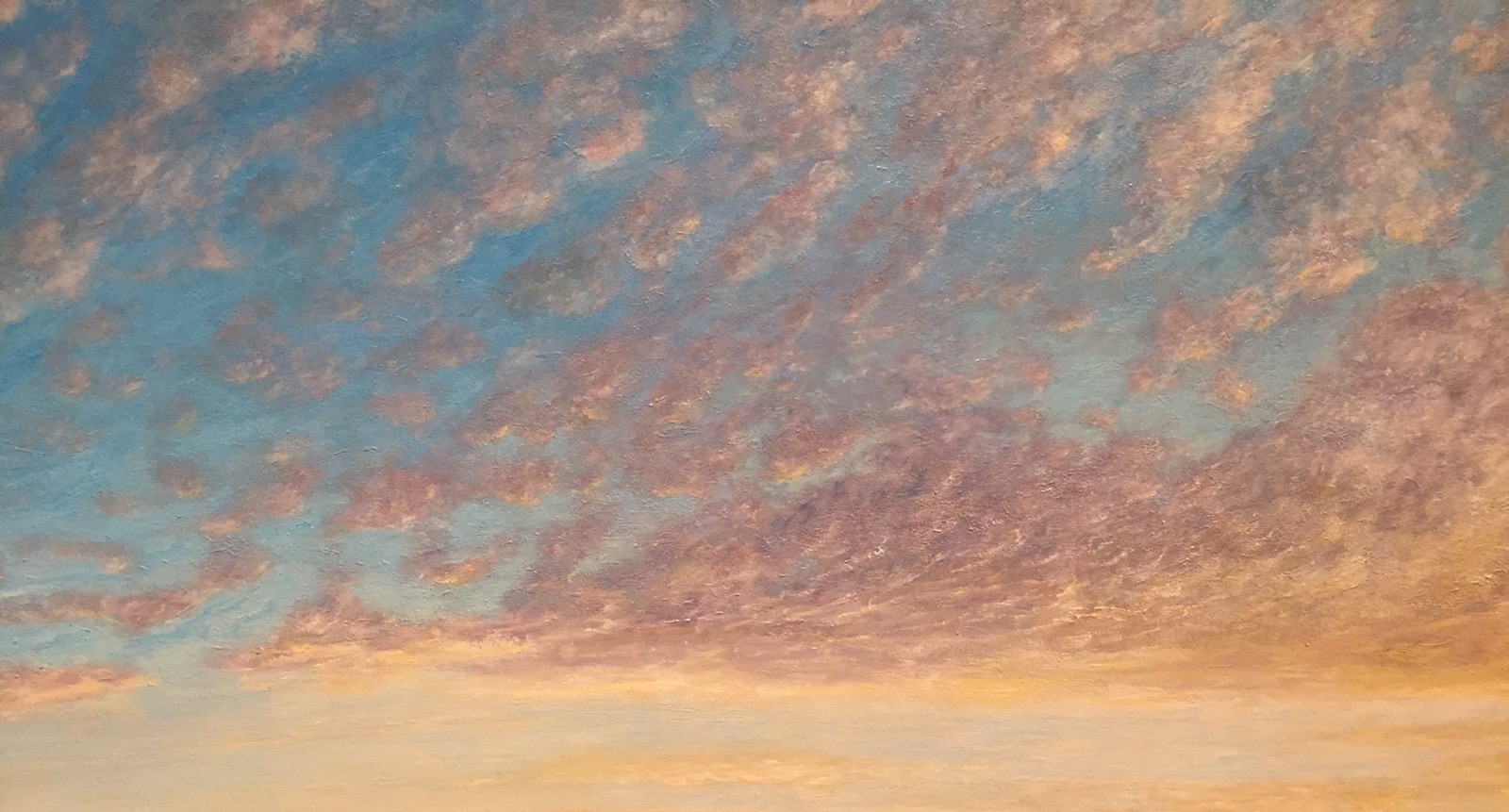
‘The Pope is a Marxist’ and other delusions
As I write this, the United States and Cuba have reestablished diplomatic relations, the Pope is in Havana, he has been greeted with joy by the Cuban people, celebrated a “mega-Mass” at the Plaza of the Revolution, met with Fidel Castro in what was described as an “intimate and familial encounter” in which the two exchanged gifts and talked about the environment. Pope Francis urged the United States and Cuba to become an example of reconciliation, but otherwise the Papal Mass was free of political messages. Will somebody wake me up from this delicious dream?
I have to confess there were times I feared I would never live to see any of this, although I never stopped working, advocating in word and deed, convinced that it had to come about some day. I always believed history would turn out this way. As for me, laying flat on my back in a hospital in the DC suburbs, the critical care nurse asking me if I was an organ donor, I wasn’t so sure. The fact that everything turned out fine in the end, my heart emerged intact, and I feel better and am fitter than ever, makes this long- delayed victory that much sweeter.
However, living now in Miami, a short walk from Calle Ocho, I am acutely aware that my dream-come-true is for other people their worst nightmare. I must confess that, right after the feeling of elation I experienced after the Obama administration’s announcement that diplomatic relations would be restored, a less healthy sentiment increasingly emerged. German has the best word for it: Schadenfreude. The dictionary defines it as “enjoyment obtained from the troubles of others.” It is not the most admirable of human emotions.
Yet I forgive myself. I am only human, so how could I not feel a perverse delight seeing the mournful, angry faces of those Cuban American politicians and “exile leaders” who have tormented, besieged, vilified, and embarrassed us for decades? The rage and chagrin in any one of Frank Calzon’s myriad columns in the Miami Herald tasted like mamey ice cream. Imagining how Jaime Suchlicki, Brian Lattell, and other “think-tankers” with only one thought in mind–I need not mention which–must be feeling, was like looking at the Ceiba on 13th Avenue: sublime.
Yet, although my feelings about these characters have not changed, I have to acknowledge a certain sorrow for another subset of losers in this drama. The sincere, devout Catholics who are also staunch hard-liners must be feeling a terrible loneliness right now. Not even the Pope sees the world they way they do anymore! My empathy is somewhat tempered by the knowledge that some of them are the kind of Catholics who adored Franco and did not shed a single tear for the Jesuits or the Bishop murdered by right-wing death squads in El Salvador. But surely, there are some that don’t fit in that box, and who must now feel bereft, abandoned, awfully alone.
But then there are those who get over these feelings and resolve their inner contradictions in the same way they think about everything they don’t like or don’t understand. The Pope is a Marxist!
Only a very shallow reading of the Pope’s pronouncements on capitalism and a good deal of ignorance of the New Testament could lead someone to such a conclusion. No, the Pope is not a Marxist. First of all, Marx, like Freud and many intellectuals of the past and the present, were hard-core atheists, which the Pope obviously is not. There is a similarity between Marx and Francis in that both believe in the Kingdom, but Francis’s kingdom is not of this world and Marx’s Utopia, the communist society, very much was, indeed the inevitable result of the dialectic of history. I could go on detailing the differences but it’s no fun destroying an argument that falls from its own slight weight.
The Pope is no Marxist. Instead, he is a Christian who takes the parable of the eye of the needle seriously. He is also a Latin American who has witnessed with his own eyes how theories about a mythical free market work out on the ground for the people who must endure their consequences. And, as virtually all Latin Americans, he must have long been astonished at and deplored the insanity and cruelty of U.S. policy toward Cuba.
The Pope’s crucial role in the renaissance of sense in U.S. Cuba policy was an act of great moral leadership. But it is in no way a sign of a hidden ideological agenda or a twisted conspiracy. There is no riddle to solve. In all his actions, Francis has been incredibly coherent. He is who he is and who he presents himself to be: a true Christian.

